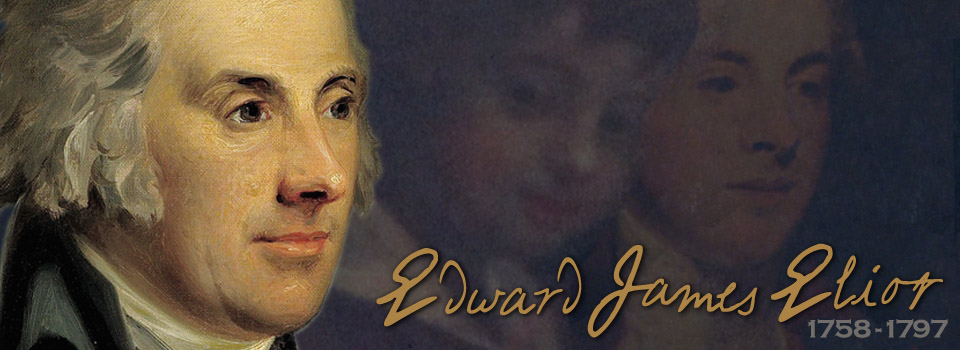06 Oct 1793: Edward James Eliot to William Wilberforce
Burton Pynsent Oct 6 1793
My Dear Wilberforce,
I received your letters of th e 3rd and 5th yesterday, and – after the best consideration – I have been able to give the subject of it in the time since past. I must say that my opinion, whatever it may be worth, is that it is fit your should make the application you are deliberating upon in favor of Mr Clark.
Nevertheless, as you may perhaps choose to learn something of the train of thinking that has lead my mind to this consideration, I will first lay open so much of it, is to say (promising, as I should have done in the first place, that I am sorry it was not upon the subject you supposed your introduction appeared to lead to), but I say that it seems to me certain that Mr Clark is a fit man for the situation you are likely to recommend him to; that he is probably a fitter person than would otherwise get there; and that there is no sinister view or motive (or appearance of any) actuating you in the recommendation. I conceive it to be a reasonable and – as the state of society is – a laudable partiality for us and follows the ties of nature – or the notions of well founded esteem towards worthy friends – provided we do not neglect our duty to others and can keep that partiality within proper bounds when interfering with higher claims. I need not, however, go further on this head, as you have said you should give any Church Preferment to Mr Clark (which was in your own hands, of course, upon your own conscience, to dispose of). In the main view of the subject, it will not be easy to distinguish such exercise of Patronage from the proposed exercise of Influence or Interest. A delicacy, however, arises about an application to a third person for a personal favor; and that I must ???? as of this sort, that because others are too apt – in these kind of applications – to consider convenience only, without regard to the Character of the Person or the interests of Virtue and Religion, that therefore you wish to avoid making one, with full regard to your Character of the Person, and that interests of Virtue and Religion, because there is besides a degree of convenience annexed to it. If I have described it justly, I think so far it answers itself. There is then only one more branch of it that I shall treat upon, as it relates not to an application generally but to you and Pitt in particular, and I here say that as you are often not at liberty to do other than confer personal obligations upon him, it can not be that there should be any propriety in your declining to receive them.
I have expressed this somewhat shortly, but I am getting to the end of a long letter so you must excuse me, but these are some of the most tangible notions which have helped me to the conclusion before stated, which I should have had more hesitation in coming to had there been any appearance (which there is not, but the contrary) of Mr Clark's having had any thing of the kind in view at the time of his forming the connexion.
Thank you for your letter to ?????.
Believe me, my dear Wilberforce,
yours ever sincerely
and affectionately
Ed. J. Eliot
[Note written on front by other person: Eliot ??? ??? for Clarke very good and satisfactory.]

*Original letter is part of the Wilberforce collection at Bodleian Library, Oxford.

